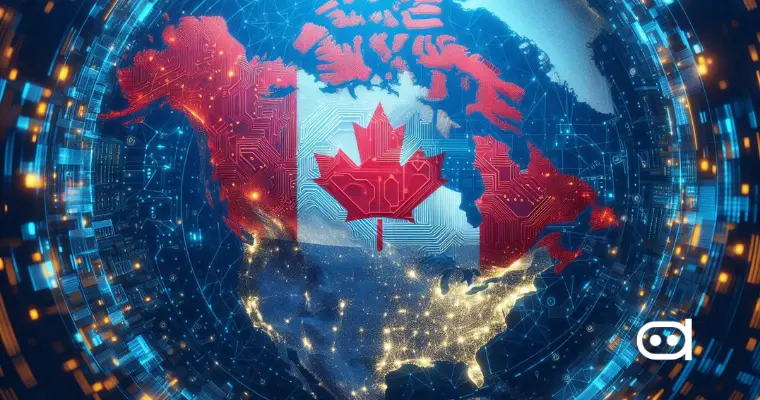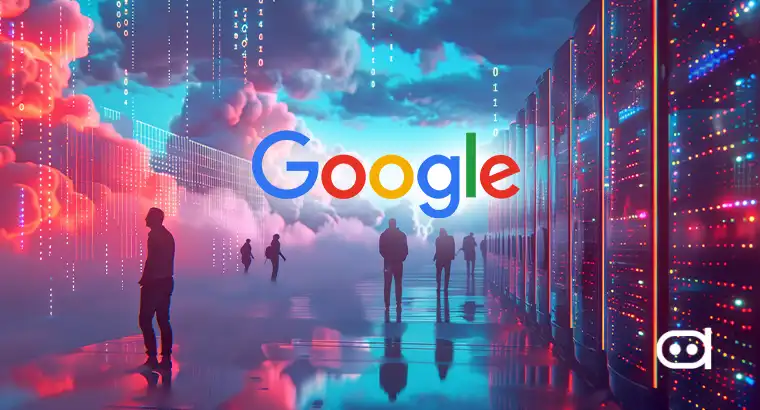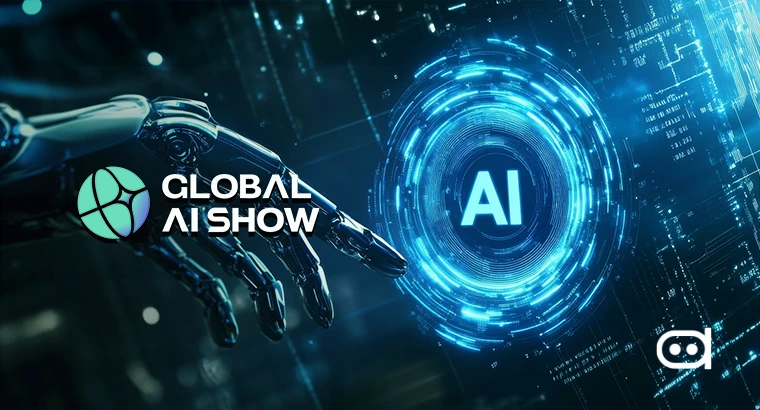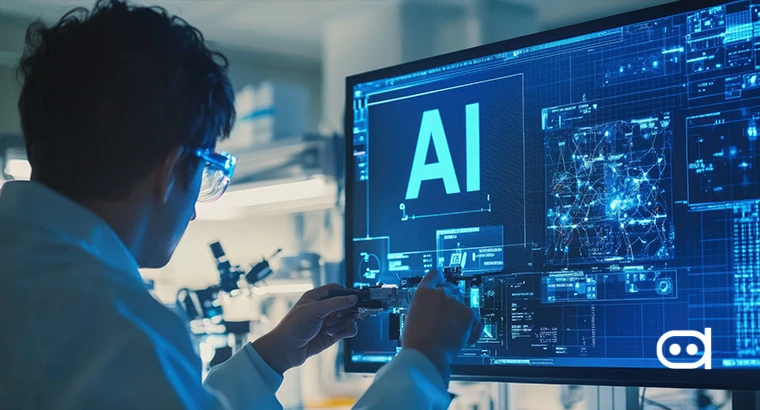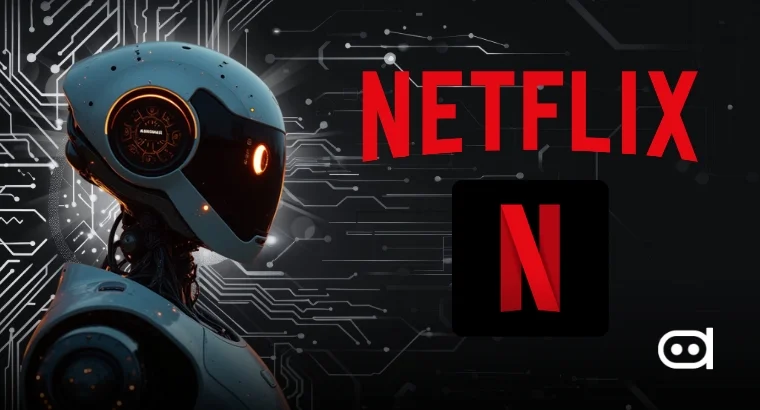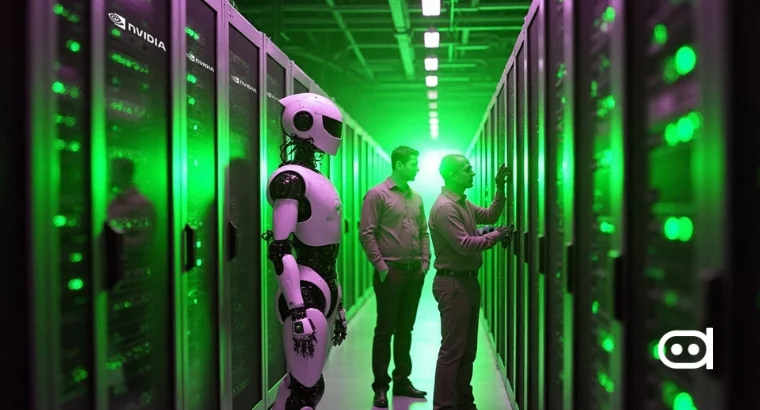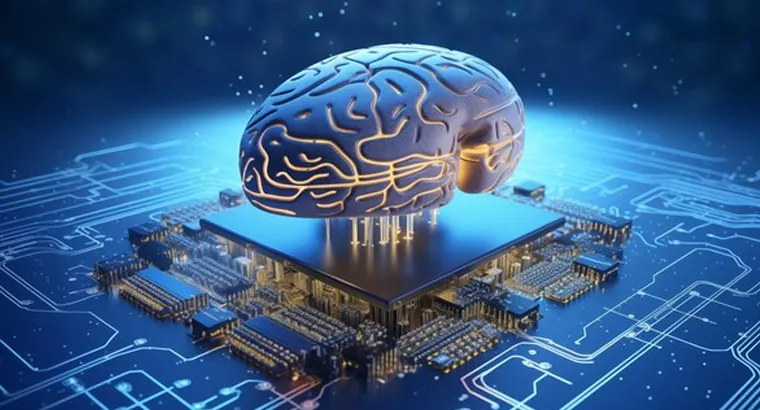
The increased use of large language models (LLMs) over the past year has sparked global discussions regarding the impact of artificial intelligence (AI) on culture, politics, and the truth. The pervasive incorporation of AI into our everyday lives necessitates a decentralized governance system and, more significantly, a challenge to the data monopolistic dominance of tech titans.
By maintaining open and public data access, decentralization enables establishing a trust layer crucial for validating data integrity, a current challenge large technology companies face. By increasing data accountability and transparency, AI will eventually become a public asset, no longer being limited to proprietary platforms.
Knowledge graphs provide better data structure and retrieval capabilities, while Retrieval Augmented Generation (RAG) provides up-to-date and contextually relevant information, which improves the accuracy of LLMs. This method addresses and resolves a number of the issues that LLMs face, such as the inaccuracy and massive data enhancement that cause LLMs to return strange and unexpected responses to basic queries.
In addition to vector databases, knowledge graphs are a crucial component in bolstering the RAG of LLMs. Knowledge graphs excel at semantic analysis, which expedites the retrieval of data and imparts context-specific information. In contrast to vector databases, which frequently lack context or include extraneous information, knowledge graphs account for intricate linguistic subtleties and preserve data connections that closely emulate the operations of the human mind.
Innovation extends beyond centralized knowledge graphs. The future is focused on merging decentralized knowledge graphs, which will certainly combine blockchain technology’s trust and transparency with AI’s analytical capabilities. This mix is bringing in decentralized knowledge and engagement with Artificial Intelligence via platforms like Geo, which use The Graph protocol to make this possible.
Geo is pioneering how this convergence of technologies may be constructed from the ground up with a truly web3 ethos, making the world’s knowledge freely available to all, without gatekeepers. The goal of Geo is to make global data publicly available in a coordinated and adaptable format. The plan is to build a platform where smart bots may interact with people, gleaning information from databases and APIs in response to user queries. This innovative solution goes beyond typical search methods, generating specialized and accurate results using a distributed system.
The integrity and availability of this system are based on blockchain technology, which verifies identities and maintains an immutable ledger of persons who supply data. This ensures that the data is valid and that interactions from trusted sources can be customized while maintaining data quality.
Developing this decentralized mind requires AI to go beyond simply collecting information and become an important element of a collaborative process for co-creating knowledge. In this scenario, AI displays new information entities that have been approved and updated by trusted individuals, resulting in faster knowledge building and human participation in the process.
The distributed knowledge graph driven by The Graph and displayed by the Geo goes beyond technology advancement and represents an internet epoch change. It equalizes data access, ensuring that knowledge is not only accessible but also reliable and relevant, and that it is controlled by a global community that is not limited to the walls of specific tech corporations. The open AI governance model and knowledge management enhance AI capabilities and align with pledges to transparency, mutual understanding, and the evolution of collective knowledge.
